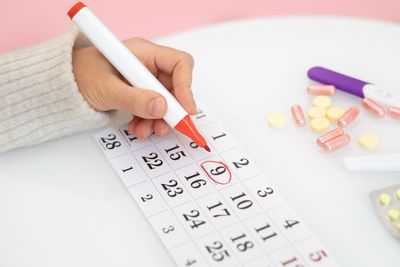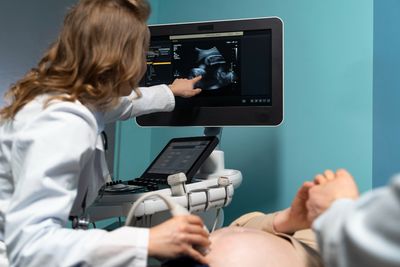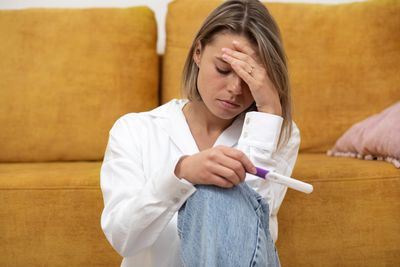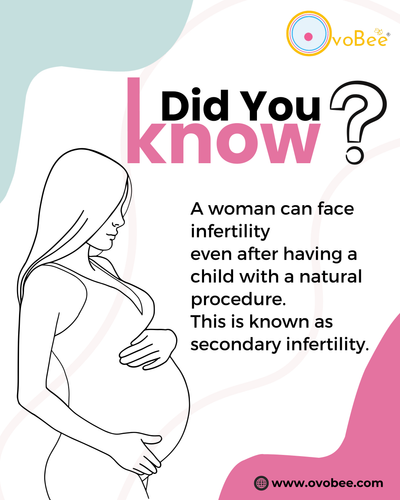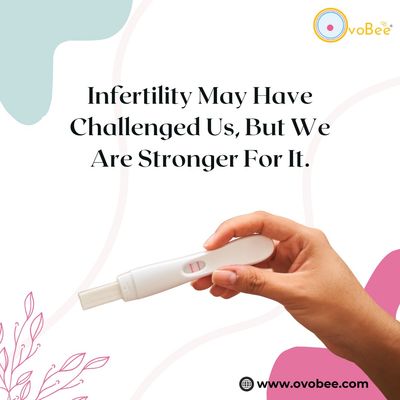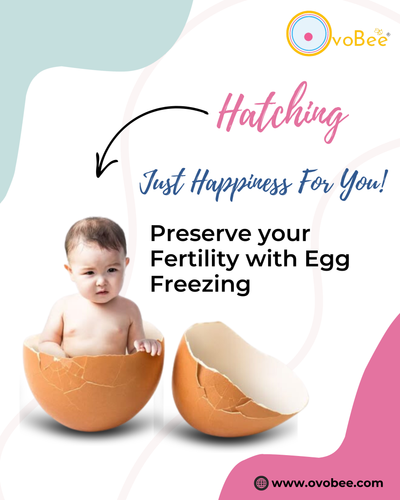Fertility Apps and Ovulation trackers- Boon or Bane?
Fertility apps and ovulation trackers can be technologies that patients love.
These are technologies that like an electronic diary allow patients to track their periods and infer when cyclic events, like ovulation, likely occurs.
The rationale behind these technologies is to alert women to when they are most fertile so that they can target trying to get pregnant each month at the most likely time for conception.
While this technology can be user friendly and tempting to use, from the clinician’s perspective there are certainly also some drawbacks.
Apps suffer from the weakness of the fact that data entry integrity impacts data output and interpretation. Women may fail to recognise important clinical signs or may enter data inaccurately in a way that deeply confuses their interpretation of results.
Human bodies are not machines, and many women do not ovulate at the same time each month like clockwork. Rather than helping women interpret physical signs in their own body with confidence, apps can sometimes encourage women to ignore or wrongly interpret signs, trusting instead in a computer algorithm which can be flawed and inaccurate.
A big misconception is that sex must happen on a particular day at a particular hour to achieve a pregnancy. From a biological perspective this concept is also inaccurate.
In actuality, a sperm can live for up to 5-7 days in the human female genital tract. It is much more important to have sex around and ideally in the days preceding ovulation than it is to have sex at exactly the moment a woman is ovulating.
Apps can be helpful but don’t let them stress you out. Be comforted with the realization that your mum and grandma conceived without ever using a fertility app. And although they have been shown in some groups to decrease time to natural conception, they are notoriously inaccurate in detecting the actual day of ovulation.
But, still as the saying goes…go with technology but don’t always depend on it!

